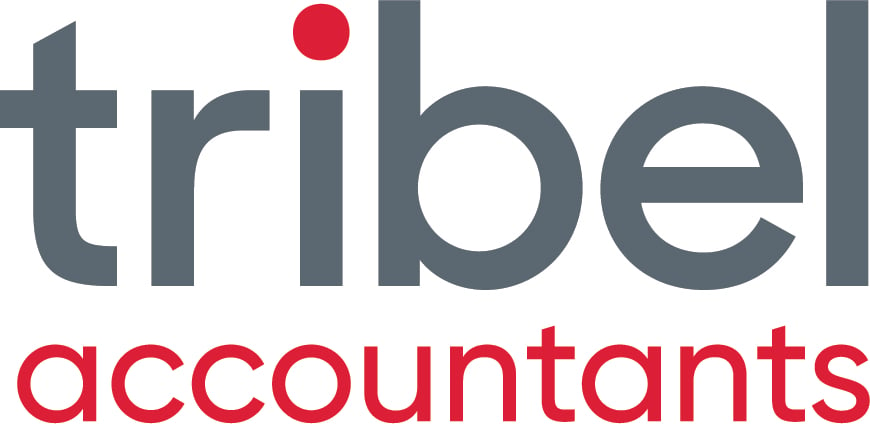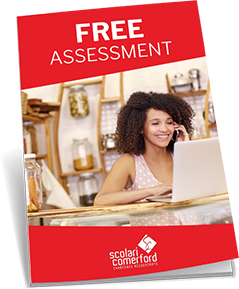INTRODUCTION:
When it comes to succession planning and retirement, having a high business valuation that ties in with these plans and also aligns with their timing is absolutely crucial. Why? Well if these are not present the seller:
- may not have enough money to fund their retirement;
- be able to leave their family members what they had hoped when they die; and
- have to work longer because they cannot get the price for their business they wanted.
None of these scenarios would be appealing and yet very few actually plan to minimise the prospect of being left in any of these situations.
If you want to sell your business quickly and get higher business valuations then here are my five tips as both a business advisor and business valuer.

Figure 1: You won't be a young pup forever! Plan now so you can move on when you want and how much you want!
1. Improve Cash Flow
How is cash flow in your business and does it generate real cash?
If you don't have a great deal in the bank it might be due to poor:
- debtor days (people taking too long to pay you);
- inventory days (bad inventory purchasing/management);
- supplier days (paying suppliers too quickly).
There is also the chance that maybe you have too much debt which may in fact hide the true cash generating ability of the business.
When being asked how to buy a business the first thing I ask is how much cash does it generate? A profitable business with cash flow is better than a more profitable business without cash usually. Business valuers will mark up your business valuation as well for better cash flow scores.
Sit down with your small business accountant and analyse your cash numbers. Consider then getting three way budgets which will help you to prepare cash flow forecasts with differing scenarios. Pick the cash flow forecast that you believe is desirable and achievable with some planning and put the numbers into your cloud based accounting system so you can go through the results with your small business accountants monthly and/or quarterly.
2. Minimise Risk
Analyse the risk of the business and what could happen to prevent past and future results aimed for. The more you can show that risk is minimal in your:
- competitors;
- customers;
- suppliers;
- technology;
- efficiencies;
- staff members;
- quality control;
then the better! Lower risk drives business value up.
3. Demonstrate Growth
A business that is showing signs of growth will be easier to sell than one that is on the way down. Are your profits and revenue increasing each year or are they erratic or in decline.
This is where timing can be crucial for when deciding to sell.

Figure 2: Delay in action prior to sell could see you have to delay some of those trips in retirement.
4. Have a Strategic Plan
A potential buyer and business valuer will want to know if there is a strategic plan available. Not only will it provide them with some useful information but it will also show that you have running a good business with direction. I am going to feel more comfortable with a business that has direction for its owners and its team members who will often leave if they feel the company is all over the shop.

Figure 3: Plan! Plan! Plan!
5. Profit! Profit! Profit!
There is no denying that cash is very important but so is profit. If you really want to get a bigger sale price it will be invariably tied to the history and sustainability of profits the business makes.
If you're not making money at the moment do not be surprised if you can't find a buyer or if you do why they will only offer you the fraction of the asking price.
CONCLUSION:
Do not wait until you feel the time to sell is right to find out what you might want for your enterprise and when.
To be forewarned is to be forearmed and there will still be time to get you to your desired end result!


.png?width=100&height=100&name=COVID_Safe_Badge_Digital%20(002).png)




